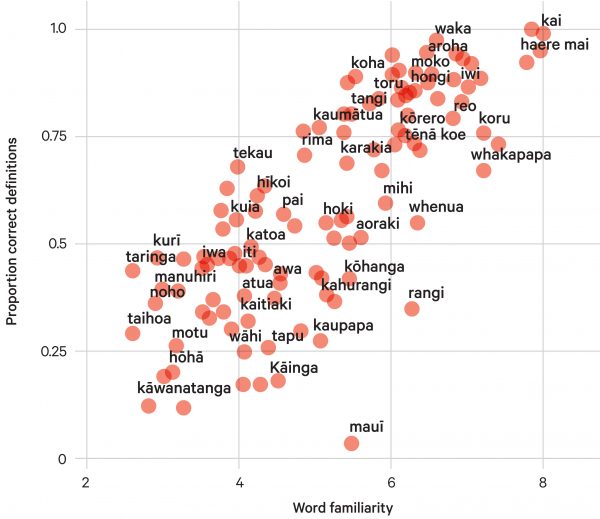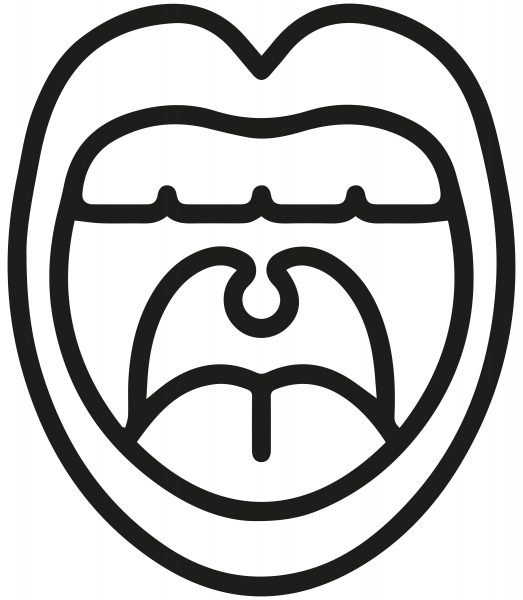Greener grass
It is generally agreed that humans are largely to blame for greenhouse gas emissions, mainly through the emission of carbon dioxide during combustion. But there are other greenhouse gases which come directly from our livestock and which are even more potent, such as nitrous oxide from animal excreta in grazed pastures. This greenhouse gas is 310 times more effective in trapping heat in the atmosphere than CO2.
Normally, animal urine is converted to ammonium molecules in the soil, promoting plant growth, which is further broken down by bacteria into nitrate, nitrous oxide and other gases—a process called the nitrogen cycle.
Lincoln University Professors, Hong Di and Keith Cameron, have short-circuited the nitrogen cycle with a chemical inhibitor resulting in up to 70 per cent reduction of nitrous oxide production. The “nitrification inhibitor” dicyandiamide (now under the trade name eco-n) is sprayed on pastures immediately following grazing, slowing the action of bacteria and retaining the ammonium in the soil for longer. As a result, the treatment increases pasture growth, reduces nitrate leaching and most importantly reduces nitrous oxide production.
For their work in agriculture science Professors Di and Cameron were appointed Officers of the New Zealand Order of Merit in the 2008 Queen’s Birthday Honours.

















